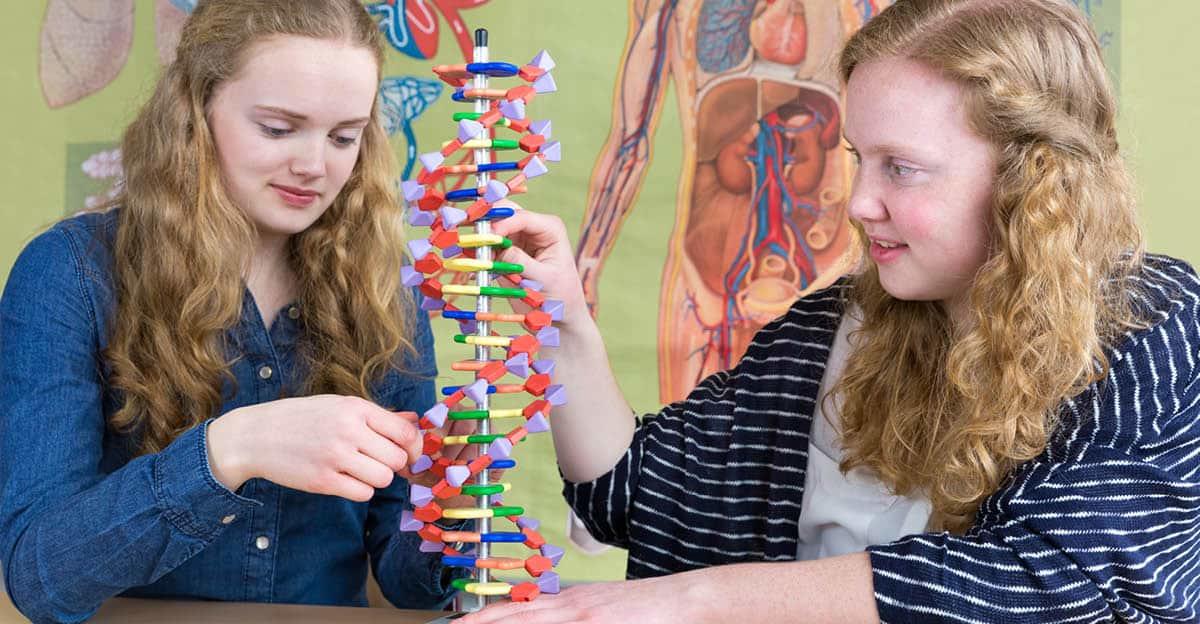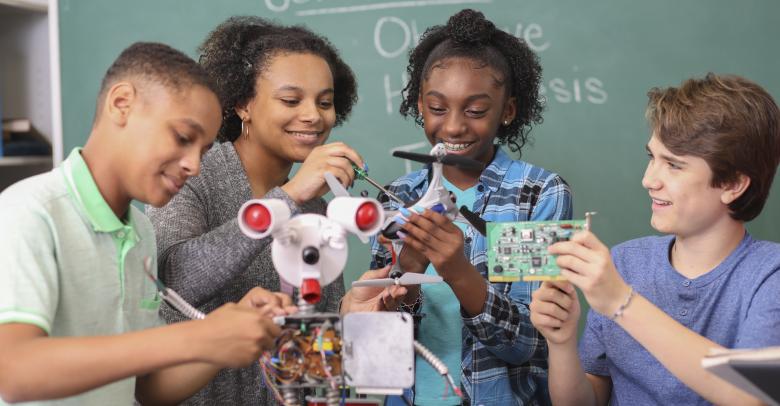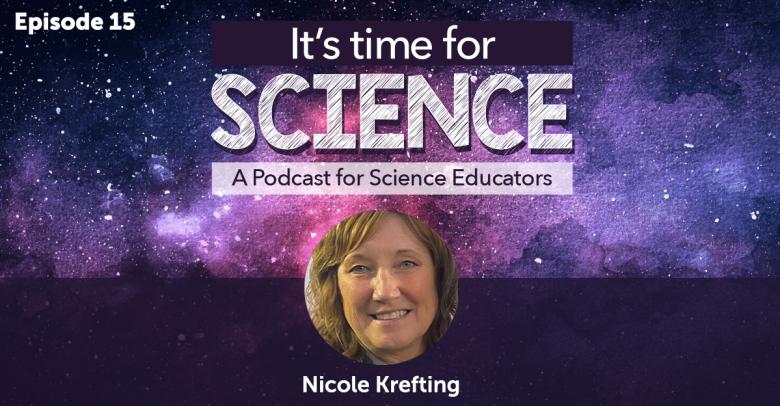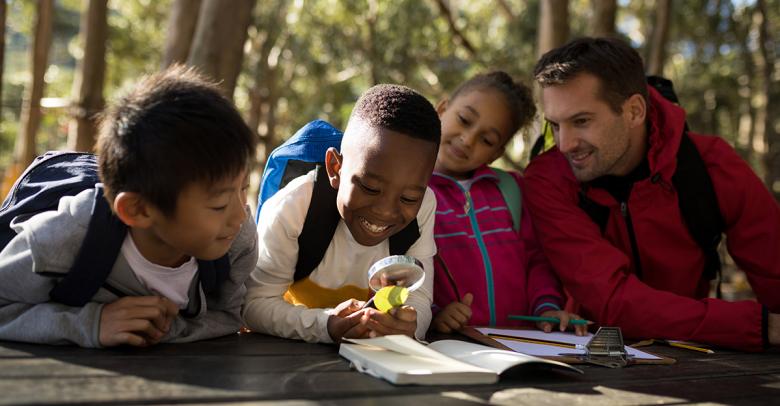So what does a good high school forensics science curriculum look like? The focus should be placed on the evidential value of a crime scene and how to function in a crime laboratory.
High School Forensic Science: Educating Future Scientists
Forensic Science is a comprehensive subject incorporating anatomy, physiology, biology, chemistry, genetics, physics, entomology, and other sciences. Forensic scientists play a pivotal role in the criminal justice system, providing crucial information about the evidence at a crime scene. The work they do both at the crime scene and in the laboratory is often used in court, so it is important that the forensic scientist have a solid, broad-based scientific background.
Students should learn about fingerprint evidence, blood evidence, DNA evidence, trace evidence, and questioned document evidence. Ideally, the lessons combine basic theory and real laboratory experiments to create an experiment-based better learning environment for the students.
Major Topics in Forensic Science
Major topics should include collecting and preserving evidence, processing a crime scene, identifying physical evidence, and analyzing both organic and inorganic evidence. Students learn how to analyze evidence such as hair, fibers, paint, DNA, and fingerprints. They learn toxicology and about arson and explosion investigations. Students apply the scientific method they’ve learned in previous years by focusing on experiment design, observation, data interpretation, and analytical thinking.
The curriculum should include lots of hands-on activities that enforce the theory: making an impression cast, analyzing altered documents, and modeling a DNA profile. Many curricula involve a comprehensive inquiry investigation that serves as a final exam.
Here are some elements of a solid, foundational forensics high school curriculum:
- History of Forensics
- The Functions of the Forensic Scientist and Crime Laboratories
- How to Approach a Crime Scene
- Types of Physical Evidence
- How to Collect Evidence
- Characteristics of Soil and Glass
- Fingerprinting
- Hair and Fibers
- Firearms, Ammunition, and Ballistics Analysis
- Drug Identification and Chemical Analysis
- DNA Analysis
- Identification of Dead Bodies and Autopsies
- Serving as an Expert Witness
Interest in forensic science has dramatically increased in recent years, due largely to television shows that outline the career. In response to the interest, universities have begun offering degrees in forensic science at both the undergraduate and graduate levels.
More STEM/STEAM Education & Inspiration
If you’re looking for more ways to inspire your students and get them excited about future careers and innovation, stop by the STEAM/STEM blog category to see how educators of all age groups can work together.






Leave a Reply